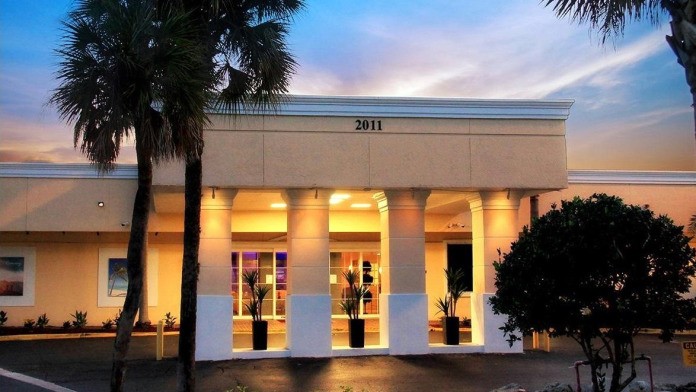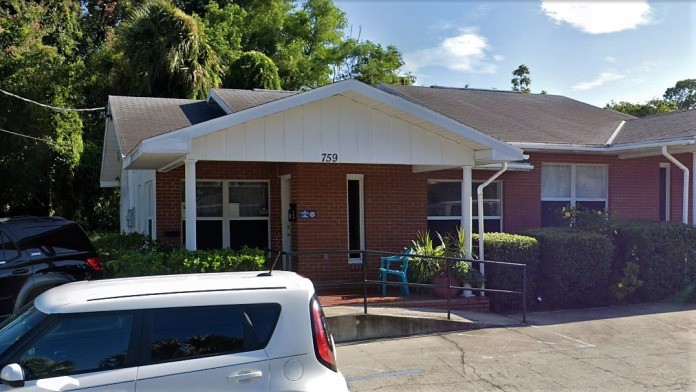About Tri County Human Services
Tri County Human Services provides help to those affected by substance abuse and other behavioral health challenges in Lakeland, Florida, and the surrounding area. They accept most health insurance plans and work with Medicaid HMOs as well. They do not accept Medicare insurance plans but will work with you if you’re unable to afford treatment.
Jail-Based Treatment in Lakeland
The programs include a jail-based substance abuse treatment program in cooperation with several local county sheriff’s departments. Their target population is people who are incarcerated and are experiencing a substance use problem and co-occurring disorder. Co-occurring disorders are mental health conditions that are diagnosed along with an addiction.
This program helps identify behaviors that have caused significant problems in your life and then works with you to develop a foundation that supports sobriety. They work closely with people who have an opioid dependence, providing medication assisted treatment (MAT) to help reduce withdrawal symptoms and cravings during recovery. The program also includes individual and group therapy as well as case management to ensure you receive the care you need and are connected with community resources to promote your recovery.
In-Home Family Program
The Intensive Family Centered program provides in-home parenting and family counseling for families who are at risk of substance abuse or have a history of substance abuse in the household. They recognize that addiction impacts the whole family and provide these services to support a healthy home environment.
Latest Reviews
Thank you for sharing your concerns. We understand your frustration and respect the effort you’ve made to move forward.
Required and recommended treatment decisions are based on identified risk factors. Recommended treatment means some concerns were found but may not require further action. Required treatment means risk factors were identified that mandate more support to help prevent another DUI.
A DUI, refusal, or wet reckless stays on a driving record for 75 years. Having a prior DUI and previous mandated treatment shows higher risk, regardless of how long ago it happened. Past history is a key factor because driving after drinking endangers both you and others.
Our goal at DUI services is to educate and encourage safe decisions. We’re glad you’re continuing with the class and want you to succeed. Please contact the DUI Department directly so we can review your case and support your progress.
You were referred to our program following charges by law enforcement officers. Attendance in our program was a legal requirement, not a service you chose voluntarily.
You missed your scheduled class, which is why a reschedule fee applied. All clients are clearly informed that rescheduling requires at least five days’ notice to avoid this fee. When a class is missed, it can take several weeks to find an available slot, since classes fill quickly.
We understand these policies can feel strict, but they are necessary to ensure fairness and compliance for everyone in the program.
Rehab Score
Gallery
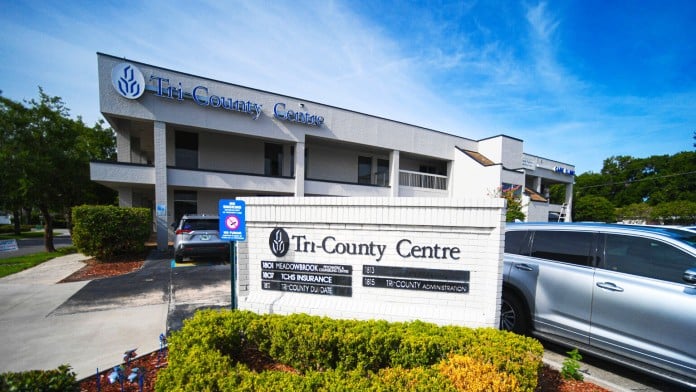
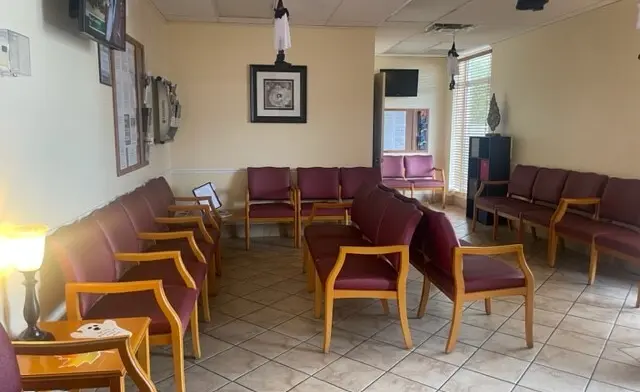
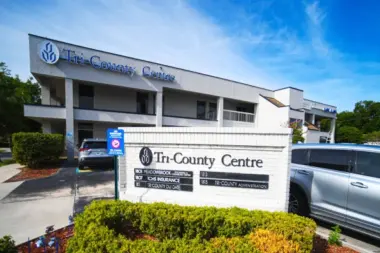
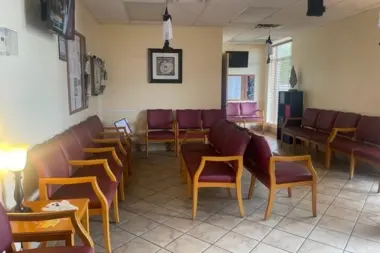
Other Forms of Payment
Private insurance refers to any kind of healthcare coverage that isn't from the state or federal government. This includes individual and family plans offered by an employer or purchased from the Insurance Marketplace. Every plan will have different requirements and out of pocket costs so be sure to get the full details before you start treatment.
Self-pay involves paying for treatment out of your own pocket. You can use savings or credit, get a personal loan, or receive help from family and friends to fund your treatment. If you don't have insurance or your insurance plan doesn't cover a specific program, self-pay can help ensure you still get the care you need.
Addiction Treatments
Levels of Care
Outpatient Programs (OP) are for those seeking mental rehab or drug rehab, but who also stay at home every night. The main difference between outpatient treatment (OP) and intensive outpatient treatment (IOP) lies in the amount of hours the patient spends at the facility. Most of the time an outpatient program is designed for someone who has completed an inpatient stay and is looking to continue their growth in recovery. Outpatient is not meant to be the starting point, it is commonly referred to as aftercare.
The Florida Center is a 55-bed residential facility for adults with co-occurring substance abuse and psychiatric disorders. Utilizing a skilled professional staff, the Florida Center provides up to 63 days of “state of the art” clinical intervention. To be successful, treatment of the substance abuse and mental disorders must occur simultaneously. Treatment includes the following services: substance abuse/mental health assessment, psychiatric evaluation, medication therapy, individual counseling, group counseling, HIV screening, and recreational therapy. This program serves all 67 counties of the State of Florida. Residential Level II- 5-bed Program: The 5-Bed Male Substance Abuse Program is for those individuals presenting with a primary substance abuse related disorder. This program provides comprehensive assessment and treatment services. Upon admission, individuals will be acclimated to Florida Center’s therapeutic community while beginning the assessment phase of their program. Individual, group counseling and case management services are provided. Because aftercare planning is so vital to recovery and integral to treatment success, Florida Center makes aftercare recommendations for all these individuals to transitional living facilities such as half way houses to facilitate continued sobriety and drug-free living. The 5-Bed Male Substance Abuse Program participants follow the same modalities as all persons served at Florida Center.
Intensive Outpatient (IOP) treatment is available at Lakeland and Winter Haven Baycare facilities. Length of stays in outpatient services range from three to nine months. Outpatient services offer individuals the opportunity and means to overcome their substance abuse problems without regard for the client’s ability to pay for services. Treatment success or failure is significantly correlated with the individual’s motivation to change and with their willingness to follow treatment recommendations to develop a healthier lifestyle.
A sober living home in Florida often serves as a transitional residence for individuals coming out of inpatient rehab. This helps those in recovery avoid isolation that can sometimes happen after they return home from treatment. It offers a supportive environment where they can practice skills learned in rehab. Offering a combination of structure and freedom, men's or women's sober living is a good stepping stone to independent life in recovery.
The first step of the recovery process involves the removal of all drugs and alcohol from your system while under 24/7 medical supervision. Known as a medically assisted detox, you are closely monitored by medical staff who can provide medications, if necessary, to help alleviate any potential withdrawal symptoms. Medical detox is usually followed by a period of inpatient addiction treatment.
Treatments
The goal of treatment for alcoholism is abstinence. Those with poor social support, poor motivation, or psychiatric disorders tend to relapse within a few years of treatment. For these people, success is measured by longer periods of abstinence, reduced use of alcohol, better health, and improved social functioning. Recovery and Maintenance are usually based on 12 step programs and AA meetings.
Drug rehab in Florida provides quality treatment to help individuals overcome dependency related to a wide range of addictive substances. Programs address both the physical and mental aspects of addiction in order to help you make a full recovery.
Many of those suffering from addiction also suffer from mental or emotional illnesses like schizophrenia, bipolar disorder, depression, or anxiety disorders. Rehab and other substance abuse facilities treating those with a dual diagnosis or co-occurring disorder administer psychiatric treatment to address the person's mental health issue in addition to drug and alcohol rehabilitation.
A combined mental health and substance abuse rehab has the staff and resources available to handle individuals with both mental health and substance abuse issues. It can be challenging to determine where a specific symptom stems from (a mental health issue or an issue related to substance abuse), so mental health and substance abuse professionals are helpful in detangling symptoms and keeping treatment on track.
Opioid rehabs specialize in supporting those recovering from opioid addiction. They treat those suffering from addiction to illegal opioids like heroin, as well as prescription drugs like oxycodone. These centers typically combine both physical as well as mental and emotional support to help stop addiction. Physical support often includes medical detox and subsequent medical support (including medication), and mental support includes in-depth therapy to address the underlying causes of addiction.
Programs
Adult rehab programs include therapies tailored to each client's specific needs, goals, and recovery progress. They are tailored to the specific challenges adult clients may face, including family and work pressures and commitments. From inpatient and residential treatment to various levels of outpatient services, there are many options available. Some facilities also help adults work through co-occurring conditions, like anxiety, that can accompany addiction.
Young adulthood can be an exciting, yet difficult, time of transition. Individuals in their late teens to mid-20s face unique stressors related to school, jobs, families, and social circles, which can lead to a rise in substance use. Rehab centers with dedicated young adult programs will include activities and amenities that cater to this age group, with an emphasis on specialized counseling, peer socialization, and ongoing aftercare.
Clinical Services
Group therapy is any therapeutic work that happens in a group (not one-on-one). There are a number of different group therapy modalities, including support groups, experiential therapy, psycho-education, and more. Group therapy involves treatment as well as processing interaction between group members.
In individual therapy, a patient meets one-on-one with a trained psychologist or counselor. Therapy is a pivotal part of effective substance abuse treatment, as it often covers root causes of addiction, including challenges faced by the patient in their social, family, and work/school life.
During couples therapy in Florida, your therapist will take steps to get to know you, help you identify feelings, explore the past, develop solutions, and help you learn skills to manage relationship challenges. This process will allow you to work through conflict and strengthen your relationship.
During family therapy sessions, you navigate the complexities of addiction and are provided tools to help improve communication and resolve conflicts. When you work together, families can better support their loved one's recovery and restore balance and harmony within the household.
Amenities
-
Residential Setting
-
Private Rooms
Staff & Accreditations
Staff
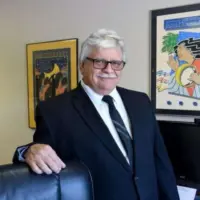
Robert Rihn, LCSW
Chief Executive Officer
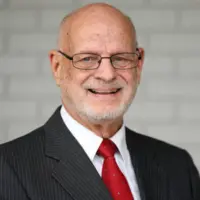
Donn VanStee
Administrative Services Director
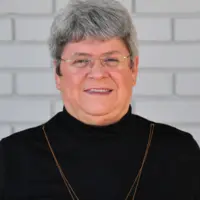
Tina Phillips
Administrative Finance Director
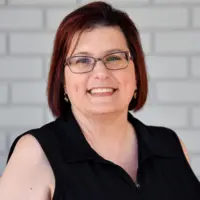
Becky Razaire, LMHC
Administrative Director for Community Programs
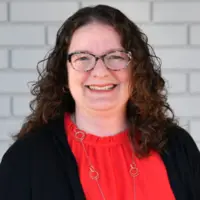
Heather Kaufmann, LMHC
Administrative Director of Outpatient Programs
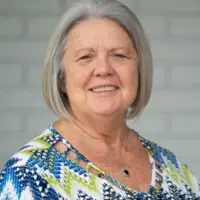
Nelda Jackson, LMHC, MCAP
Administrative Residential Program Director
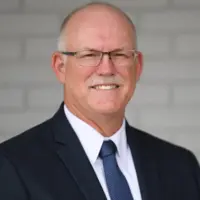
William Camp, MBA
Operational Compliance Manager
Accreditations

The Commission on Accreditation of Rehabilitation Facilities (CARF) is a non-profit organization that specifically accredits rehab organizations. Founded in 1966, CARF's, mission is to help service providers like rehab facilities maintain high standards of care.
CARF Accreditation: Yes
Accreditation Number: 25861
Contact Information
2026 Crystal Wood Dr.
Lakeland, FL 33801


